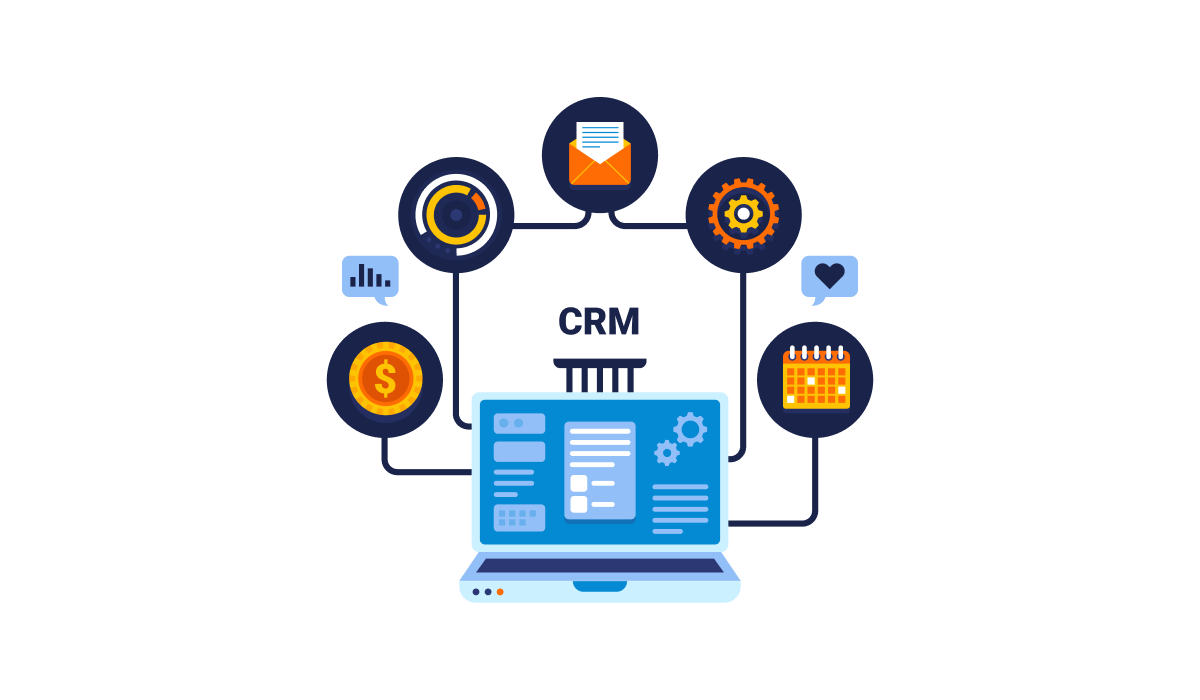Innovating the beauty industry with smart salon apps

In 2025, the pace of change in New Zealand’s business landscape is faster than ever. Companies are under pressure to digitize operations, improve service delivery, and maintain a competitive edge in both domestic and global markets. Off-the-shelf tools may be convenient, but they rarely provide the adaptability and depth needed for complex business requirements. This is why many organizations are adopting bespoke CRM and ERP solutions—tailored platforms designed to streamline workflows, enhance customer engagement, and drive strategic growth.
Benefits of CRM and ERP systems designed for your needs
Across industries such as hospitality, logistics, retail, and manufacturing, choosing to develop custom CRM software ensures that every interaction, data point, and operational process aligns perfectly with business goals. Custom CRM systems can seamlessly integrate with existing tools, comply with New Zealand-specific regulations, and deliver localized analytics for better decision-making. Similarly, ERP software built for your operations can bring finance, inventory, procurement, and human resources into one unified system—eliminating silos and improving efficiency.
By tailoring software to fit existing processes instead of forcing processes to fit the software, companies can reduce inefficiencies, minimize errors, and empower employees to make faster, more informed decisions.
Essential features to build into CRM and ERP platforms
When developing a custom CRM or ERP solution, it’s important to focus on features that bring tangible value. For CRM, these might include lead management, automated follow-ups, customer segmentation, and AI-driven recommendations. On the ERP side, modules such as real-time inventory tracking, multi-site management, supplier communication tools, and automated reporting can significantly improve productivity.
Future-proofing is also critical. Solutions should be scalable to accommodate growth, flexible enough to integrate with new technologies, and equipped with strong data security and backup protocols to protect sensitive business information.
Finding the right development partner
Selecting a trusted provider for custom ERP software development is a crucial step. The ideal development team will not only possess technical skills but also understand the nuances of the New Zealand market, from GST rules to compliance standards and logistical challenges. A partner with local knowledge and proven industry experience can deliver a product that meets both operational needs and strategic goals.
Working collaboratively with the chosen provider ensures that the software meets expectations while avoiding costly redesigns or functionality gaps after deployment.
Overcoming common challenges in implementation
Even with clear benefits, businesses can face obstacles such as higher upfront investment, change resistance among staff, and technical hurdles when integrating with older systems. These issues can be mitigated through phased rollouts, comprehensive staff training, and pilot testing before full-scale implementation.
A modular deployment strategy allows businesses to introduce features gradually, reducing disruption while building user familiarity and confidence. Continuous feedback loops and strong technical support further improve adoption rates.
Leveraging global expertise for local success
Partnering with a reputable software development company in London can bring international expertise and innovation into the New Zealand market. Many Dubai-based developers have experience delivering complex CRM and ERP systems for diverse industries worldwide, enabling them to apply global best practices to local contexts.
This cross-border collaboration often results in advanced, scalable solutions that prepare businesses for both local growth and international expansion.
Final words
For New Zealand businesses in 2025, investing in custom CRM and ERP solutions is more than just a tech upgrade—it’s a strategic move toward efficiency, agility, and sustained competitiveness. By working with the right development partner and building platforms tailored to unique operational needs, companies can position themselves for long-term success in an increasingly digital economy.
- Art
- Causes
- Crafts
- Dance
- Drinks
- Film
- Fitness
- Food
- Games
- Gardening
- Health
- Home
- Literature
- Music
- Networking
- Other
- Party
- Religion
- Shopping
- Sports
- Theater
- Wellness


